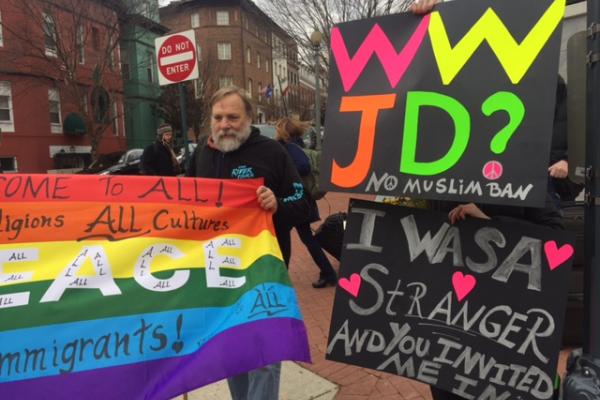Feb 8, 2017
“Religious freedom has never been unfettered. It has always been the case that you are free to exercise your religion — as long as it’s not hurting anyone else,” Bishop Gene Robinson said.
Read the Full Article

Already a subscriber? Login
